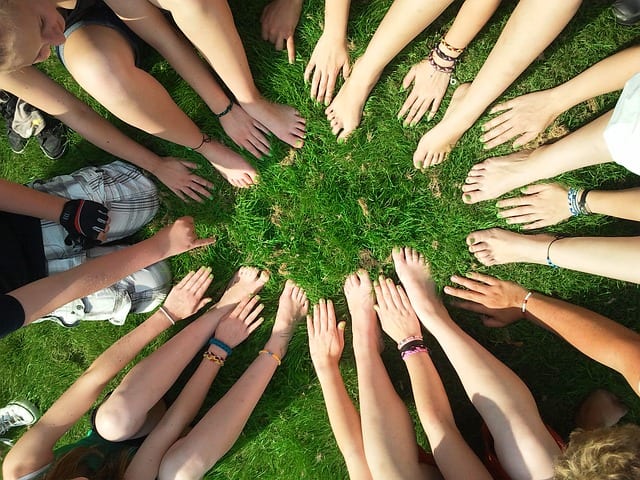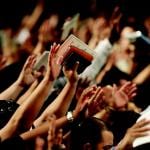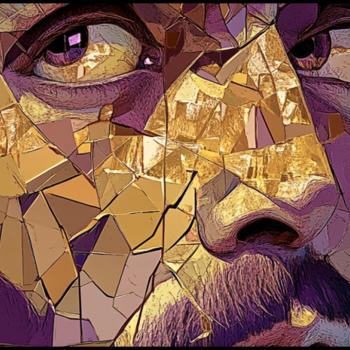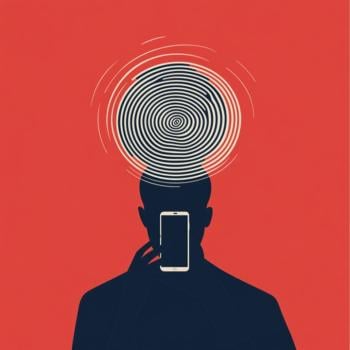
Some of us may find it hard to believe, but we humans really do need one other to thrive.
Now, some of us may claim that we’re lone wolves and mavericks who don’t need other people and who get along better on our own, or what have you, but the truth is, we really are wired for community.
I can remember way back when I had graduated college and taken a new job that moved me from Texas to California. Wendy stayed behind to finish up her degree in El Paso while I lived for 3 months – alone – in California.
As an only child who often went out to dinner alone or to see movies by myself – on purpose – prior to getting married, I had always fancied myself as a loner who didn’t need other people.
Those 3 months proved me so very wrong.
I was miserable. I remember walking around the giant shopping mall [Southcoast Plaza] all alone in a sea of people. I knew that there was no chance that anyone would call out, “Hey Keith!” as I wandered those floors teeming with busy shoppers.
This was the first time I realized how lonely my life could be without other people. I wrote a song lyric about it that captured my feelings: “With pencil and paper and wire and string. All of us tangled and dying to breathe. Coffee and silence and letters from home. I know I don’t have the strength to be alone.”
And it was true. I didn’t have the strength to be alone. I needed people. I needed Wendy. And I needed other humans to interact with, talk to, laugh with, listen to, and relate to.
This is human nature.
Not only are we wired for community, our emotional and mental health is largely impacted by our connection to – or lack of connection to – other people.
For example, one author, Johann Hari, in his New York Times best-selling book ‘Chasing The Scream: The First and Last Days of the War on Drugs,” did a study on this topic and found:
“Human beings have an innate need to bond and connect. When we are happy and healthy we will bond with the people around us. But when we can’t because we’re traumatized, isolated or beaten down by life, we will bond with something that gives us some sense of relief. It might be checking our smartphones constantly. It might be pornography. It might be gambling, etc. but we will bond with something because that is our human nature. The path out of unhealthy bonding is to form healthy bonds – to be connected to people who you want to be present with. Addiction is just one symptom of the crisis of disconnection that’s happening all around us. We all feel it. “
And the amazing thing he discovered was: “The opposite of addiction is not sobriety. The opposite of addiction is connection.”
Allow me to substitute the word “connection” with “community” and you’ll see the simple truth: We need other people to survive.
Sadly, whenever someone goes through the Deconstruction process they experience a very painful disconnection from people they love the most: Friends, family members and members of their Church fellowship.
As those connections get severed over differences in doctrine and belief, we experience deep emotional, psychological and, yes, even physical pain and trauma.
Now, when we feel rejected by those we love most, our tendency is to withdraw. We pull away from them – so we don’t continue to get hurt more – and we shy away from forming new relationships out of fear that, eventually, we may experience another rejection as our views continue to evolve and transform.
But, in spite of our tendency to want to pull away from others and shut the door, it is essential for us to remain connected – as much as possible – with those who want to run from us, and to create new connections with others who may be more open-minded about theology and faith.
When I first began my Deconstruction process, I experienced some painful interactions with friends – some of whom were also pastors – and their condemnation and even total rejection from the pulpit on a Sunday morning during a sermon, was enough to make me want to retaliate, and to have nothing more to do with them ever again.
However, I really felt very strongly that I should not do that.
In fact, it was my devotion to Christ that compelled me to “live at peace with all men, as far as it depends upon [me]”, and so, I got down on my knees and started to pray a blessing over these men who had hurt me and betrayed me.
At first, I was only going through the motions. I prayed for their family, their kids, their marriage, their ministry, and eventually I realized that I really meant what I was saying. I started to weep over them. I genuinely wanted God to bless them and to shower them with great favor. I had let go of my anger and bitterness and now I only wanted God’s best for them.
After that, I was able to reconnect with them over coffee or lunch, a few months later. I genuinely smiled when I saw them and embraced them when I got closer. I sincerely was glad to see them and to work hard to maintain our friendship, even though our doctrines and views had shifted.
I’m happy to say, in every case, we maintained friendships that endured and flourished.
Without doing the hard work of forgiveness we cannot move on to re-connection. Even if re-connection isn’t possible – and there’s a chance that it may not be – we need to at least try to forgive [as far as it depends upon us] for our own emotional and psychological well-being.
Another reason this process is important is that it allows us to enter into the next set of relationships with a clean heart. Otherwise, we bring all that gunk into the next relationship we attempt, and that will only set us up for another hard fall.
Community and connection are essential for our human interactions. We need connection to survive this life. We need community to thrive as people.
Without connection and community, we will never move on to Reconstruction.
**
Keith Giles was formerly a licensed and ordained minister who walked away from organized church 11 years ago, to start a home fellowship that gave away 100% of the offering to the poor in the community. Today, He and his wife are returning to El Paso, TX after 25 years, as part of their next adventure.
Can’t get enough? Get great bonus content: Patreon page.













